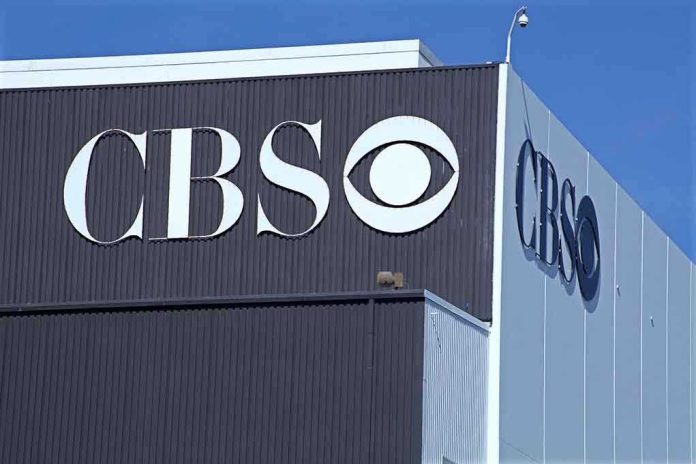
CBS News, long seen as a bastion of liberal bias, now faces sweeping reforms under new ownership—raising hopes among conservatives for long-overdue accountability and balance in mainstream media.
Story Snapshot
- Skydance Media’s $8.4 billion acquisition of Paramount Global places CBS News under new conservative-influenced oversight.
- Regulatory approval for the merger required CBS to commit to “viewpoint diversity” and appoint a conservative-leaning ombudsman.
- The Trump administration’s legal and regulatory pressure directly triggered the reforms, setting a precedent for media accountability.
- Uncertainty grips CBS News staff as leadership changes and oversight mechanisms take effect, while viewers await tangible shifts in coverage.
Regulatory Pressure Forces Historic Shakeup at CBS News
Skydance Media’s acquisition of Paramount Global in August 2025 did not just change the ownership of CBS News; it fundamentally altered the network’s editorial trajectory. The Federal Communications Commission (FCC), under pressure from the Trump administration, conditioned merger approval on CBS’s explicit commitment to “viewpoint diversity” and the appointment of an ombudsman with conservative credentials. This regulatory intervention marks an unprecedented moment, signaling that longstanding accusations of liberal bias in legacy media can no longer be ignored or swept aside as political posturing.
The roots of CBS’s reckoning stretch back decades, but the turning point came during the 2024 presidential campaign. The Trump campaign’s lawsuit against CBS over the editing of a Kamala Harris interview on “60 Minutes” brought renewed scrutiny to the network’s editorial standards. The $16 million settlement, finalized in July 2025, became a precondition for the Skydance-Paramount merger. Regulatory bodies made clear that CBS’s future depended on concrete reforms to address concerns over leftist bias, globalist narratives, and a perceived disregard for conservative voices.
Inside the Reforms: Conservative Oversight and Staff Upheaval
The changes at CBS News are more than symbolic. Kenneth R. Weinstein, former head of the conservative Hudson Institute, was appointed ombudsman in September 2025. His task: to review complaints of bias and ensure genuine diversity of viewpoints within CBS News coverage. Leadership changes swiftly followed, with key “60 Minutes” executives departing as part of the legal settlement. The new oversight mechanisms require CBS to address credible complaints of political bias, and staff now operate under the shadow of potential discipline or editorial review if they ignore these mandates. This has created internal uncertainty, with some staff resisting reforms while others recognize the necessity of restoring public trust.
CBS News’s internal culture is now at a crossroads. While the network’s leadership, including George Cheeks and Tom Cibrowski, must implement new policies, they also face pushback from longtime employees accustomed to previous editorial norms. The reforms directly challenge the culture of unaccountable progressive narratives that many viewers saw as eroding faith in journalism and undermining traditional American values. The outcome will determine whether CBS can successfully pivot or face further declines in ratings and trust.
Wider Implications for Media, Politics, and American Values
The CBS shakeup has far-reaching implications beyond a single newsroom. By tying regulatory approval of a major media merger to ideological reforms, the Trump administration set a new precedent: media powerhouses can be compelled to address bias if they wish to maintain their market dominance. This move is seen by many conservatives as a victory for accountability, common sense, and constitutional values—particularly in an era when media influence shapes public perception on issues like the Second Amendment, border security, and government overreach.
However, these reforms have also sparked debate about the proper balance between regulatory intervention and journalistic independence. Critics warn of chilling effects and the risk of media outlets merely trading one form of political pressure for another. Yet for audiences frustrated by years of unchecked liberal narratives, the developments at CBS represent a long-awaited correction and a signal to other networks that ideological bias will no longer be tolerated as business as usual.
Ultimately, viewers and industry observers alike will be watching closely to see whether CBS’s reforms deliver real change or simply shuffle the deck. The stakes extend to the broader media landscape, where trust, transparency, and viewpoint diversity are becoming non-negotiable for Americans who value constitutional rights, family, and national sovereignty.
Sources:
What’s CBS News’ Future Under Skydance Media? – Adweek (TVNewser)
Paramount Names Ombudsman for CBS News – LA Times



